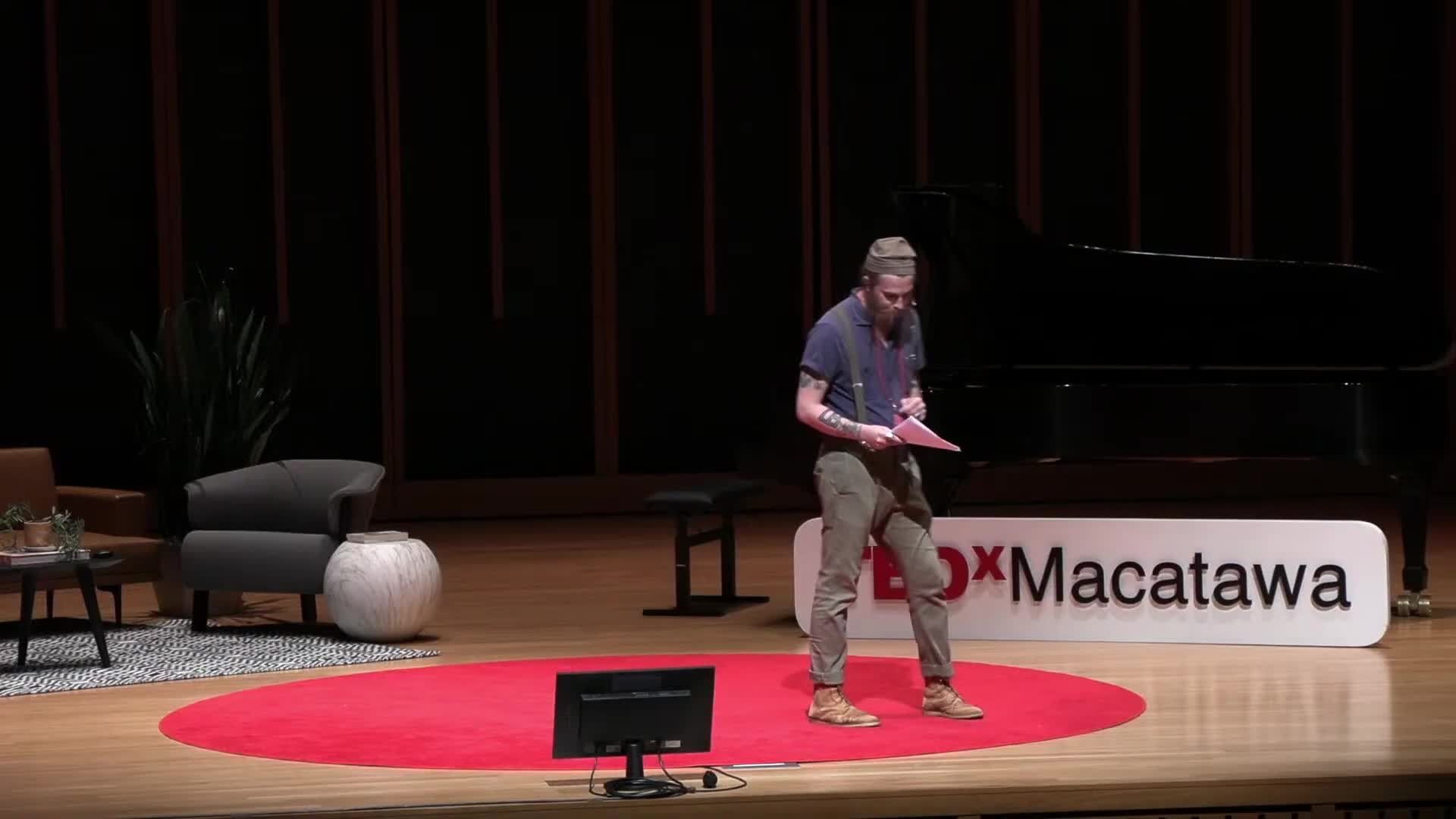Speaker urges patients to fight insurance denials and shows how AI can help draft appeals
Get AI-powered insights, summaries, and transcripts
Subscribe
Summary
Stephanie Wright, a practice management coach, described limits of medical and dental benefit design and urged patients to use tools such as ChatGPT to draft appeals and complaints when care is denied or downgraded.
Stephanie Wright, a practice management coach who works with dental practices, told a TEDx Makatawa audience that current medical and dental benefit designs often function as “coupon” programs rather than true insurance and that automated review systems deny or downgrade care without human review. “Medical and dental insurance are not insurance at all,” Wright said.
Wright described personal and professional encounters with denials, including her own breast‑cancer experience in which she said an insurer initially denied a preventive procedure and later required additional diagnostics. She cited a 2014 filing from a dental insurer that boasted about automated processing and said the company processed “over 95% of claims…without any manual intervention,” which she used as evidence that most denials are not human‑reviewed. Wright also cited large executive pay and alleged stagnant clinician reimbursement as drivers of profit‑motivated denials.
Wright urged patients and caregivers to use readily available AI tools to generate appeal letters, complaint templates and outreach to human resources, brokers and regulators. “If insurance companies can use AI to deny our care, then we can use it to fight back,” she said, demonstrating a step‑by‑step approach: ask an AI to draft an appeal based on non‑private facts, then adapt and send to an insurer, employer HR, the state insurance department or elected officials. Wright framed the recommendation as a practical, low‑cost method for patients to assert claims when clinicians lack time to pursue denials.
Ending: Wright asked the audience to use their voices and digital tools to press for system change and said one letter can ignite broader workplace and community action.
